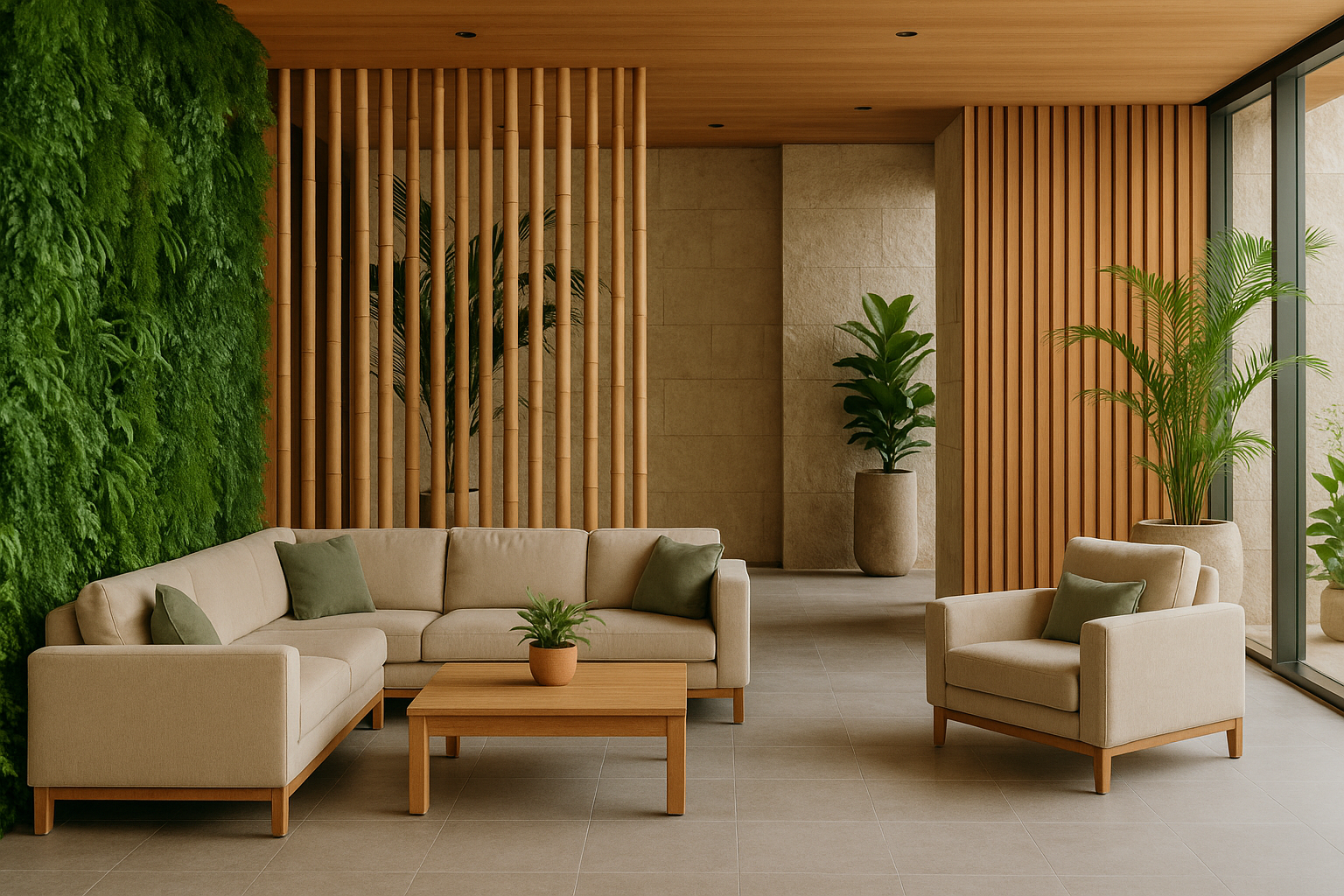
🧠 The Hidden Tension in Hospitality
Sustainability is no longer a trend — it’s a necessity. But there’s a quiet concern within the industry:
64% of hotel managers worry that going green might hurt guest comfort.
This fear is understandable. From scratchy recycled linens to confusing composting instructions in rooms, poorly-executed sustainability efforts can feel like a downgrade.
But they don’t have to.
What if we told you the best sustainability strategies are the ones your guests don’t notice — or better yet, love?
💡 Nudging Towards Green: Psychology in Practice
Hospitality is psychology in motion. Understanding two simple behavioral concepts can help align sustainability and satisfaction:
-
Loss Aversion: People are more sensitive to losing comfort than gaining eco-points. That’s why subtle swaps (like biodegradable rice straws or premium reusable cups) work — they don’t feel like a sacrifice.
-
Cognitive Dissonance: Eco-conscious guests don’t want to enjoy a luxury experience at the expense of the planet. Offering sustainable touches allows them to feel aligned with their values — and your brand.
✅ Tip: Frame changes not as sacrifices, but as “upgrades” that match modern values. For example, “We’ve replaced plastic keycards with sleek wooden RFID ones — a small touch that saves 500kg of plastic a year.”
 🛏️ Where Experience Meets Ecology: Fresh Ideas for Hospitality Spaces
🛏️ Where Experience Meets Ecology: Fresh Ideas for Hospitality Spaces
Here are creative, non-intrusive ways to go green without triggering guest discomfort:
1. Upgrade, Don’t Downgrade Bathroom Amenities
-
Switch to refillable, designer dispensers instead of tiny plastic bottles — reduce waste and elevate aesthetics.
-
Offer locally made organic soap bars with a story. Sustainability is often felt through touch and smell.
2. Make Sustainability Invisible
-
Use motion-sensor lighting and water-saving shower heads that don’t compromise pressure.
-
Install insulation films on windows to reduce energy without impacting views.
 3. Rethink the Minibar
3. Rethink the Minibar
-
Partner with zero-waste or regional brands for snacks and drinks.
-
Offer digital menus via QR code instead of printed paper — save trees and printing costs.
4. Waste as a Storytelling Opportunity
-
Display behind-the-scenes visuals of your composting, recycling, or kitchen donation efforts in the elevator or lobby TV screens.
-
Add fun metrics like “You helped us save 200 liters of water this weekend just by reusing your towels.”
 🎯 Design That Sells Sustainability
🎯 Design That Sells Sustainability
Sustainability doesn’t have to scream green. It can whisper class.
-
Opt for bamboo trays, linen menus, ceramic keycards, and reclaimed wood room signage.
-
Include biophilic design: living walls, indoor plants, natural materials — all improve guest well-being and reduce your carbon footprint.
💬 Staff Engagement = Guest Experience
If your team sees sustainability as a checklist, guests will feel it. But if staff are genuinely proud to talk about your eco choices, guests get inspired.
Host quick “eco briefings” for front desk teams:
“Here’s how our new cups help reduce 10kg of waste per week — and guests love the design.”
When a guest asks, the answer isn’t scripted — it’s meaningful.
🍹 A Straw That Doesn’t Suck (Literally)
We promised just one mention — here it is.
Hotels that switch to Happy Turtle’s rice straws report two surprising things:
-
Guests notice, and praise them in reviews.
-
Bartenders and waitstaff prefer them because they last and don’t affect drink quality.
It’s one of many small wins that prove this truth:
🌍 Sustainability isn’t about making sacrifices. It’s about making better choices.
 🔄 Closing Thought: Green Is the New Standard
🔄 Closing Thought: Green Is the New Standard
Comfort doesn’t have to come at the cost of the planet. In fact, today’s travelers increasingly expect both.
So don’t settle for a “green corner” or a vague CSR statement on your website. Make sustainability part of your brand DNA — in the most elegant, invisible, and delightful ways possible.
Because in the end, guests don’t just remember how your hotel looked —
They remember how it made them feel.




